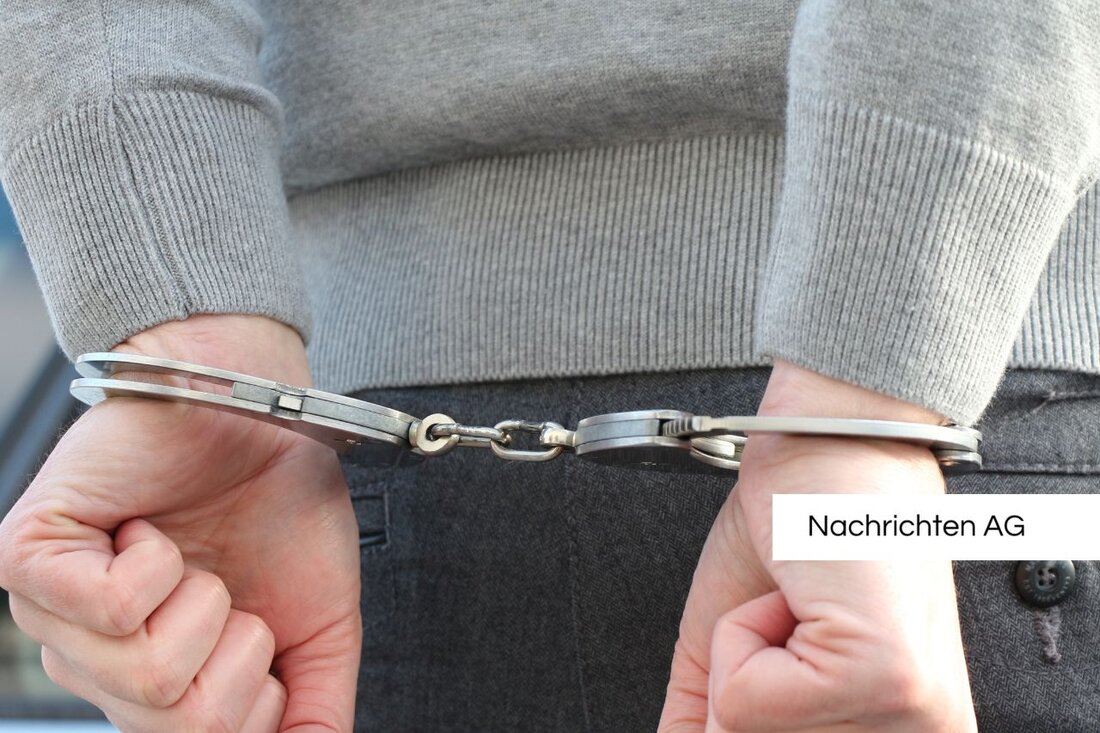Shlomo Finkelstein after nine months in prison: What is the blogger plans now?
Shlomo Finkelstein after nine months in prison: What is the blogger plans now?
Frankfurt/Oder, Deutschland - Shlomo Finkelstein, a controversial blogger, was recently released from his nine -month imprisonment. Finkelstein was arrested on the open street in Frankfurt/Oder in August 2024. The arrest was carried out as part of the enforcement of a legally binding imprisonment based on a judgment of the Cologne District Court of December 11, 2020, which resulted in a rejection of probation. The reason for the revocation was that Finkelstein had not met two out of three probation requirements, including the timely payment of a fine of 600 euros and compliance with his place of residence. According to the journalist Boris of Morgenstern, for example, he did not know his post reliably due to family circumstances and only paid the punishment after the revocation of his probation.
During his detention,Finkelstein faced confrontations with the protection of the constitution, who tried to recruit him as a spy. However, he rejected these attempts. The blogger plans to explain his experiences in prison in a podcast entitled "Honigwabe", who is supposed to premiere on Sunday. In addition, an interview with the Magazin Compact is planned in which he will describe details of his experiences. A first statement by Finkelstein has already been published on the COMPACT telegram channel.
The legal context and social discussion
Finkelstein's arrest raises many questions about freedom of expression in Germany. In a current Allensbach study, 44% of those surveyed state that they believe that they cannot express their political opinion freely-an increase in 28% since 1990. This feeling could be reinforced by digital phenomena such as fake news, hate comments and general sensitivity to insulting statements. Article 5 of the Basic Law guarantees freedom of expression, but there are more and more procedures against statements that are considered insulting. This leads to a restriction in the public discussion.
political statements that are considered inappropriate or insulting are often waving and resulting in criminal charges. Critics, as U.S. Vice President J.D. Vance, have denounced the loss of common values, especially freedom of expression at the Munich Security Conference. In a climate in which self -censorship and discourse vulnerability increase, the ability to express freesteplace is always challenged.
The fate of Shlomo Finkelstein and the circumstances of his criminal conviction are part of a larger debate about the limits of freedom of expression in Germany. It is a complex topic that raises the question of how much freedom we can and should grant while we also promote social coexistence.
| Details | |
|---|---|
| Ort | Frankfurt/Oder, Deutschland |
| Quellen | |


Kommentare (0)